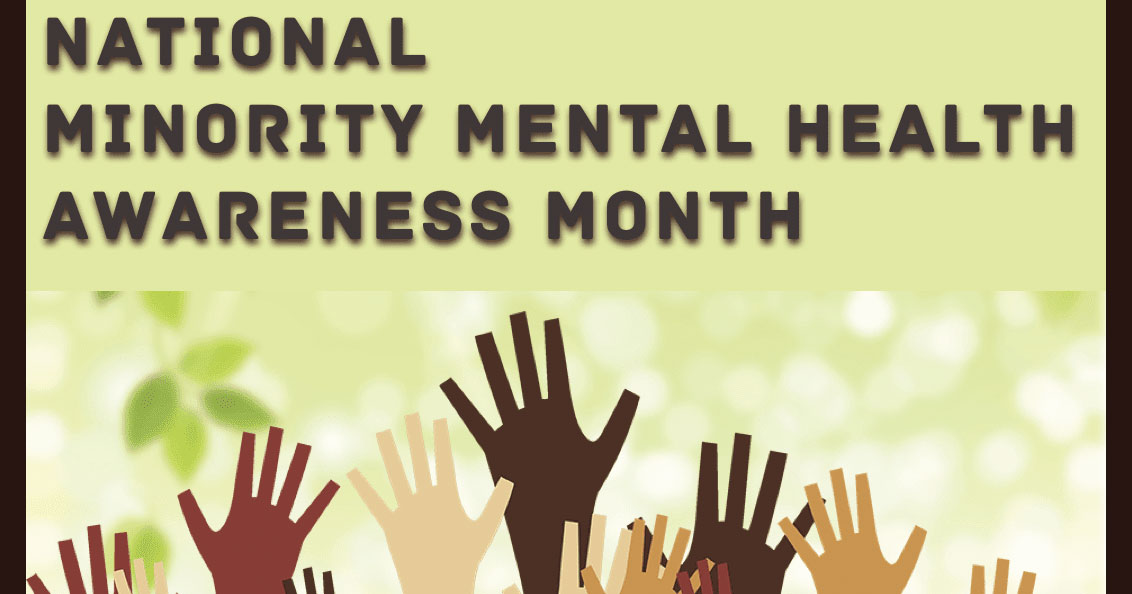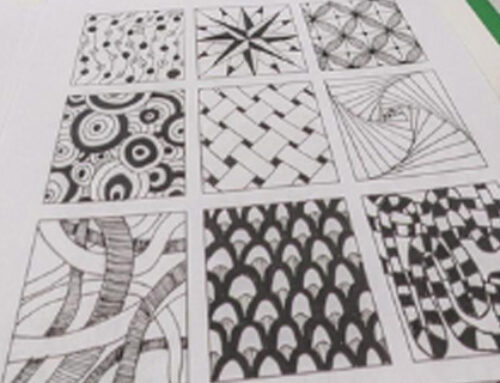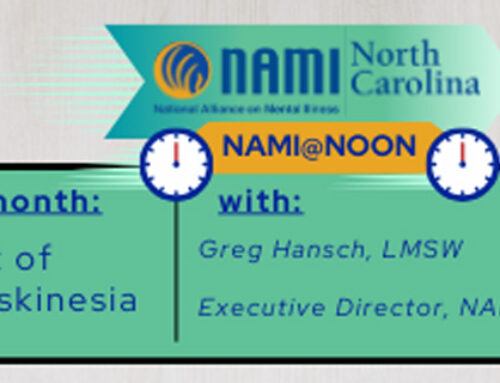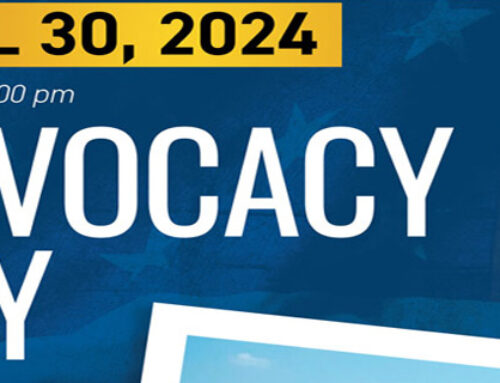July has been designated as the Bebe Moore Campbell National Minority Mental Health Awareness Month (MMHAM) by the U.S. House of Representatives in 2008. This is a time for us to renew and expand our focus on the mental health challenges faced by minorities including individuals who identify as Black, Indigenous, or People of Color (BIPOC) or Lesbian, Gay, Bisexual, or Transgender. NAMI NC stands in solidarity with all those who face prejudice that has caused or exacerbated mental health challenges. Throughout the month, we are highlighting information and resources that can help.
This week, we would like to shine a spotlight on South Asian mental health. South Asia encompasses Bangladesh, India, Pakistan, Nepal, Bhutan, Sri Lanka, and the Maldives. Americans born in or descended from people who lived in these countries struggle with mental health issues in part because of a lingering stigma surrounding the topic. South Asian cultures have historically interpreted mental health challenges as a religious affliction or a lack of willpower. When these taboos are combined with the pressure to meet traditional standards of success (lucrative career, home, spouse, and children) in order to justify family sacrifices, South Asians often endure their adversity in silence. The Asian and Pacific Islander American Health Forum (APIAHF) reports that South Asians are the minority group least likely to use mental health services.
More information about mental health in the Asian community and resources to find help can be found here.
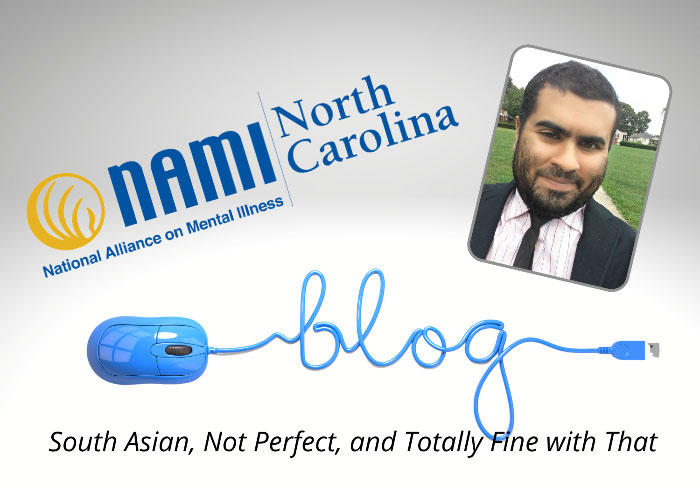
NAMI NC’s own Ashish George, takes a personal perspective and includes some of these struggles in the South Asian communities in his recent Blog Post – “South Asian, Not Perfect, and Totally Fine with That.”

